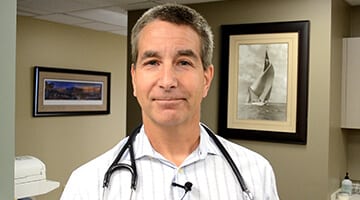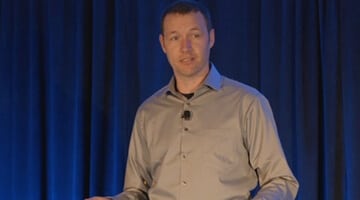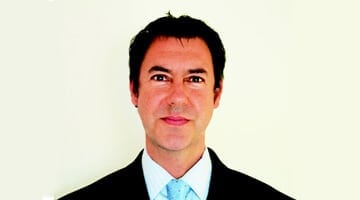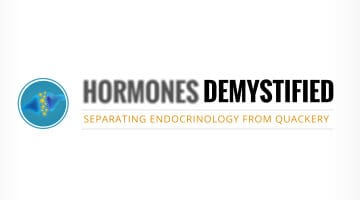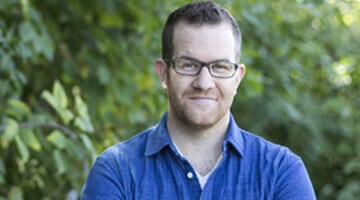Sometimes one of the simplest actions to boost your mood and feel empowered is to get social. Research shows that having positive social interactions can be crucial to maintaining good mental and physical health. Understandably though it can be overwhelming to figure out where to begin when you've made the decision to become more active in your community. It’s important to take into consideration your interests, skills, and hobbies when you’re looking to engage in a new social activity or community organization. Consider the following suggestions for ways to get involved in your community and decide on one that might best suit you and your interests!
Join A Club
This type of social engagement is great for persons with a variety of interests. With websites such as meetup.com, you can narrow down what you’re interested in participating in from cooking classes to hiking groups or book clubs. You can find plenty of groups that are nearby, and you can even start your own group dedicated to your personal interest! This is a great way not only to get active in a new community activity but to also meet new people with similar passions and hobbies.
Volunteer For A NonProfit
What many people may not realize is that nonprofits are in need of more than just monetary donations and that they are often in search of hands-on volunteers. Consider joining a cause close to your heart or one that you would like to learn more about. Do some research online and you can usually track down the contact information for a nonprofit's Volunteer Coordinator. Or if you’d rather go directly to where the help is most needed, check out immediate volunteer opportunities on VolunteerMatch.com or consider serving on a Board for a nonprofit. Volunteering can help you get more active in local causes, and can also help you gain a great sense of satisfaction from taking on responsibilities that directly impact people's lives.
Get involved in Local Politics
Acquire new leadership skills and meet other active citizens in your city by getting involved in your local political party. Start by attending your town hall or city council meetings and pursue a social issue that you feel connected to. You might even consider joining a campaign for a local politician who advocates for a certain change that you would like to see in your community. If you have children you can also get to know your local School board and have a more direct impact on their education by joining your local PTA.
Attend a Professional Networking Event
By attending a networking event or joining a networking group related to your profession, you’ll not only be connecting with your peers, but you’ll also be able to stay on top of the latest trends in your field. By connecting with professional groups or leadership programs, you’ll have the opportunity to gain valuable insight, make new connections and possibly meet a new mentor.
Become A Mentor
While you’re searching for your next mentor, why not become a mentor to someone else in need of guidance. There are a variety of ways to get involved in mentorship programs that can range from mentoring an emerging professional in your field to engaging with at-risk youth. Use a search engine like mentoring.org to find an opportunity that best suits you.
By connecting yourself to your community you can increase your sense of belonging and benefit your surroundings with your time and skills. Most importantly, you’ll be increasing your social interaction which can help decrease feelings of isolation, put you in a better state of mental health and may even increase your longevity. Take the first step today to improving your health and maintaining a healthy mindset by getting socially active and involved in your community!


